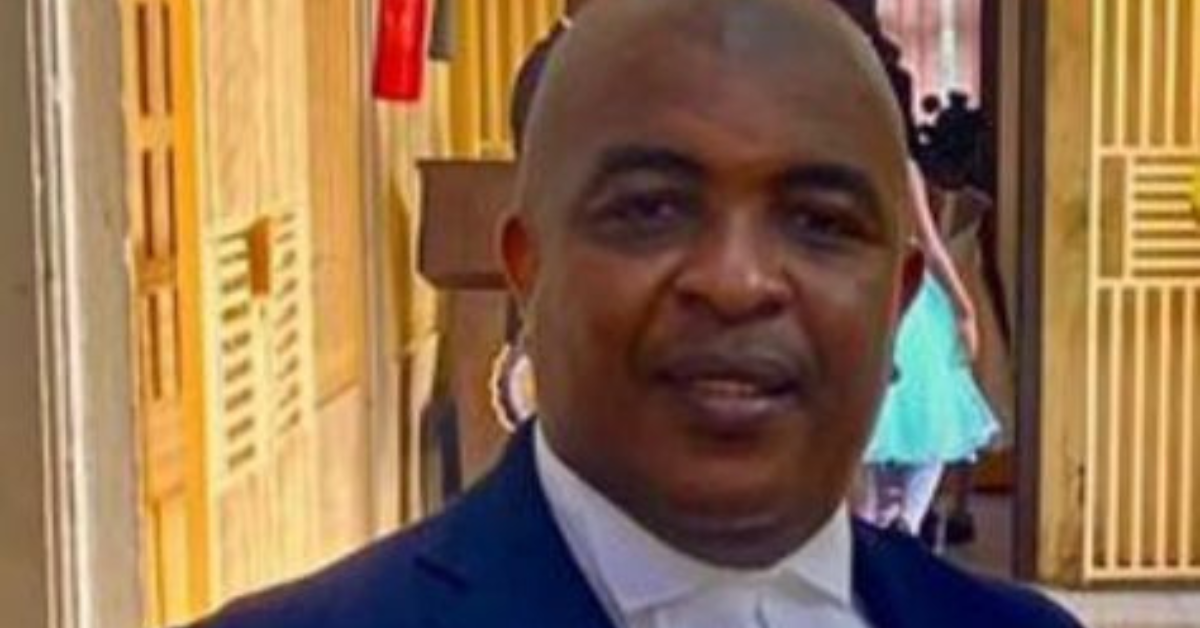Freedom of assembly is one of democracy’s most cherished rights—a thunderous voice of the people demanding accountability and justice. In Sierra Leone, this right is protected by Section 26(1) of our Constitution, a testament to our hard-fought liberties.
But rights, however sacred, are not without limits. History, both here and abroad, has shown us the devastating consequences when the fine line between peaceful protest and violent chaos is crossed.
Police clearance is not an obstacle to freedom; it is the guardian of it. It is the shield that protects protesters, the public, and the very essence of the message they seek to convey. Without it, protests risk descending into the kind of anarchy that silences the voices of the people and leaves destruction in its wake.
The Dual Edge of Freedom
The Constitution grants every Sierra Leonean the right to assemble and express dissent, but this right comes with boundaries. Section 26(1) permits “reasonable restrictions” to ensure public safety, order, and national stability. These safeguards are not tools of oppression—they are the invisible threads that hold together the fabric of a functioning society.
Section 5(2)(a) of our Constitution reminds us that sovereignty resides with the people, but this sovereignty must be exercised responsibly. Rights and responsibilities are inseparable; they must march hand in hand.
Police clearance embodies this principle. It is the framework through which protests can unfold without descending into chaos, ensuring that the rights of all citizens—not just the protesters—are respected.
The Haunting Lessons of History
The streets of Sierra Leone and beyond bear the scars of protests gone wrong, each a sobering reminder of what happens when passion outruns planning.
At Home: Sierra Leone’s Painful Lessons
- August 10, 2022 Protests
What began as a peaceful call for economic reforms turned into a national tragedy. Lives were lost—both protesters and police officers—and public property was left in ruins. The message of the protests drowned in blood and chaos, a stark warning of what happens when demonstrations lack structure and oversight.
- 2011 Anti-Fuel Price Protest
During the APC administration, rising fuel prices sparked protests in Freetown. Violence erupted, injuries mounted, and businesses were looted. What started as a call for change ended in disarray, with lives and livelihoods shattered.
- 2014 Ebola Burial Protest
Amid the Ebola crisis, anger over burial practices boiled over into violent protests in Kenema. The result? Death, injuries, and heightened tensions in an already fragile situation. Proper coordination could have prevented such devastation.
Abroad: Global Warnings from the Courts
- Mlungwana v. S & Others (2018) – South Africa
South Africa’s Constitutional Court upheld the necessity of prior notification for public protests, emphasizing that such measures are essential for planning and protecting public safety.
- R. v. Chief Constable of Sussex, ex parte International Trader’s Ferry Ltd. (1999) – United Kingdom
The UK courts ruled that while the right to protest is vital, it must be balanced against the rights of others and the need for order.
- Ward v. Rock Against Racism (1989) – United States
The U.S. Supreme Court affirmed that governments could require permits for public demonstrations, protecting both the protesters’ rights and the broader community’s interests.
These cases serve as a resounding affirmation: freedom must operate within the bounds of safety, structure, and responsibility.
Why Police Clearance is Non-Negotiable
Critics often argue that police clearance stifles dissent. The truth is far from it. Clearance is the bridge that ensures protests remain peaceful, impactful, and safe. Without it, we risk chaos, destruction, and the silencing of the very voices we aim to amplify.
- Protecting Protesters from Harm
Police clearance allows law enforcement to prepare for potential risks, ensuring that protesters are shielded from counter-demonstrators, criminal elements, or unforeseen violence.
- Preventing Public Disorder
Unplanned protests can disrupt daily life, overwhelm public infrastructure, and incite unintended violence. Clearance enables authorities to manage these risks while respecting the rights of protesters.
- Accountability for Organizers
Requiring clearance ensures that organizers take responsibility for the conduct of their demonstrations, fostering collaboration with law enforcement and minimizing risks.
- Guarding Against Bad Actors
Even the most well-intentioned protests can be infiltrated by opportunists seeking to exploit the situation for violence or looting. Clearance allows law enforcement to anticipate and prevent such disruptions.
The Fragile Line Between Protest and Pandemonium
The tragic events of August 10, 2022, and the violent demonstrations under both APC and SLPP administrations reveal the high stakes of protest management. Without safeguards, the flames of dissent can consume the very society they seek to reform.
Police clearance is not an enemy of democracy—it is its ally. It ensures that freedom of assembly remains a powerful tool for change rather than a destructive force. It safeguards not only the protesters but the broader community, ensuring that the cry for justice is not drowned out by the chaos of disorder.
A Call to Action
Protests must be more than a moment of anger; they must be a beacon of hope. To achieve this, they must be organized, planned, and conducted with the highest respect for the rights and safety of all. Police clearance is not an inconvenience; it is a lifeline that allows protests to succeed without leaving devastation in their wake.
Freedom is our right, but order is our responsibility. Sierra Leone must learn from its past and adopt practices that honor both. Let us ensure that every protest in this country is not just an event but a legacy—one of peace, purpose, and progress.
*Lansana Kotor- Kamara Esq. is a seasoned lawyer and a fervent advocate for democracy, public safety, and the responsible exercise of rights in Sierra Leone.











